
Veggie Collagen Does Not Exist: Alternatives and Boosting Strategies for Vegetarians
Guide to Veggie Collagen For Vegetarians
You are a vegetarian and you want to know how to boost your collagen levels. Maybe you've heard about boosters or builders but are unsure what they are. You've come to the right place.
There are many things that you can do to help boost your collagen levels as a vegetarian. Some of these include eating foods high in specific nutrients, taking supplements, lifting weights and managing stress.
Let's get right into it.
Is there a vegetarian collagen?
No, there is not a vegetarian collagen. There are vegetarian friendly 'collagen boosters' or builders, but these supplements provide no real collagen nor do they give you any health benefits associated with the protein.
Marine-sourced collagen comes from fish scales and skin while bovine comes from cow hide. Unfortunately, vegetarians are unable to obtain this essential protein from any plant-based sources.

Are there any alternatives to veggie collagen?
There are no alternatives to veggie collagen that provide the right blend of amino acids for healing the gut, skin health, joint and bone health. Sure, there are vegetarian protein supplements, but they contain different amino acids.
We are looking for amino acids like glycine, proline and hydroxyproline. They are commonly found in gelatinous meats, joints and bone broth. I'll discuss some potential, creative solutions for vegetarians at the end of this article.
For now, let's talk about some common issues with these supplements.
Issues With Collagen for Vegetarians
The issues with collagen for vegetarians are that it comes from animal sources, there are no plant-based sources and so called 'collagen boosters,' have no evidence to support the health claims. They are useless, in fact.
1. Collagen products come from animals
Collagen is a sinewy protein found in the skin, bones, connective tissue and cartilage of animals and humans. It is the main component of fascia and the most important structural protein in mammals.
It literally holds our bodies together.
I completely understand why vegetarians cannot consume collagen... it is an animal-derived product after all. That is why I provided my top tips for boosting collagen levels as a vegan or vegetarian at the end of this article.

2. There are no plant sources
Collagen has never been found in plants or other sources aside from animals. That fact is a huge bummer, I know. If you are a pescatarian, of course you can try a marine collagen product.
These are made from fish scales and skin. They seem to work as well as bovine or chicken, but they taste awful.
3. Collagen boosters and builders have zero evidence
Vegetarian collagen boosters are supplements full of vitamins, minerals and nutrients. These brands claim that these products will give you luscious hair, glowing skin and cure your gut issues.
There's one problem... There is zero scientific evidence to support the claims of collagen boosters or builders. I haven't seen one that contains anything similar real collagen.
This speaks to the bigger issue in the supplement industry: greenwashing and the healthy halo effect. Greenwashing is adding claims and ingredients to labels that do not belong there to make them seem healthier than they are.
Brands find ways to make any food sound 'healthy' if it will make them sell a few more pounds of it. Just look at the claims that children's breakfast cereal brands make to see what I'm talking about.
If you look at the ingredients in these boosters and builders, you'll find vitamin C, silica, antioxidants and a bunch of foreign sounding vegetables, roots and foods. The problem is that non of these ingredients contain and protein or amino acids.
I can't stress enough that 100% of collagen's unique benefits are because of the amino acids and nothing else.
Amino Acids like Hydroxyproline
Here is the 'so-called' amino acid profile taken from a popular supplement brand's website for one of these products.

There are two glaring problems with this:
- There are no amounts of each amino acid. They just say that they are in there. And they listed basically all of them. With no actual numbers how can we trust them?
- When we look at the total protein of the actual product they are making these claims for, we see it has 0.2 g protein per serving. Amino acids are little proteins. So all of this garbage in the image above amount to 0.2 g of total protein per serving.

My point is that without amino acids, you have no protein. And without protein, you have no glowing skin, no hair growth and no healing of your damaged gut.
This particular brand is lying about the so-called amino acids in the product. I see it all the time.
Supplement Brands are Lying to You
Unfortunately, supplement brands are lying to you by marketing these boosters and builders. They are using bogus health claims and preying on your deepest insecurities (looks, weight loss, etc) to get you to try their products.
But there are a few things you can do.
How to Boost Collagen as a Vegetarian
Vegetarians can boost collagen by lifting weights, reducing sun exposure and stress, optimizing sleep and getting the right nutrients, vitamins and minerals. I'll go through each of these below for you.
1. Lift Weights
Lifting weights is the single best thing you can do to boost collagen levels. Why? Because constant loading of your connective tissue, bones, joints, ligaments and tendons is the only way to build them up.
I would argue that lifting weights alone provides more benefit than any collagen peptides supplement. Even the best researchers (K Barr) on collagen agree that it is more about the consistent 'loading' of joints and tendons that provide adaptations than supplementing alone.
Resistance training is shown to increase bone mineral density (BMD), build up connective tissue around joints and rebuild tendons (1,2,3).
Increases in BMD, connective tissue and tendon strength can all increase collagen production throughout your body. You may notice improvements in skin health and gut health as well because of this increase.
2. Reduce Sun Exposure and UV Radiation
Aging already reduces collagen production, but when you combine it with sun damage from UV radiation, it goes into over drive.
Try to reduce your sun exposure if you can. Tanning beds are the worst culprits.
3. Prioritize Sleep
Sleep can be prioritized by practising basic sleep hygiene. These include:
- Getting daylight into your eyes as soon as you wake up or at sun rise. 5-10 minutes is all you need to set your circadian clock for the day.
- Avoiding caffeine for the first 90 minutes after wakeup to allow cortisol and adenosine to naturally rise without a stimulant.
- Going to sleep and waking up at roughly the same time every day.
- Avoiding food three hours before sleep time.
- Having a cool, dark sleeping environment.
- Exercising during the day.
4. Reduce Your Stress Levels
Some stress is unavoidable, I get it. But do what you can to reduce stress that you can control. Why? Because stress increases cortisol. Yes that nasty stress hormone that does everything bad.
In truth, a bit of cortisol is natural, it is chronically elevated levels that kills collagen fibers in every cell of your body. By reducing stress levels, you can mitigate the harmful effects it has on your body. This will help to boost collagen production and protect against its breakdown.
5. Eat Copper Rich Foods (Algae)
Copper directly affects collagen synthesis in our bodies. Meaning that you can boost your levels by eating copper rich foods such as nuts, seeds, leafy greens, shiitake mushrooms and spirulina (4).

6. Get Plenty of Vitamin A
Some people know about vitamin C and collagen, but not vitamin A. It turns out that Vitamin A helps produce collagen on your skin (5). Plant based sources include sweet potato, carrots and spinach.
7. Don't Skimp on Vitamin C
Vitamin C is an essential nutrient for everyone and it also helps in the formation of collagen (6). There are many delicious foods with vitamin C that are suitable for everyone like broccoli, kale, oranges and potatoes.
8. Focus on Anthocyanins and Antioxidants
Focusing on anthocyanins and antioxidants as a vegetarian may help boost collagen. Wait, what are these things that I can barely spell and you can barely pronounce?
Anthocyanins are plant-based compounds found in purple, blue and red foods that are thought to protect our skin from damage caused by the sun (7).
By consuming foods like berries, blackcurrants and cocoa, you can help maintain your skin’s elasticity and prevent wrinkles.
9. Quit Smoking
This is an obvious one, but smoking damages free radicals which kills collagen throughout the body. For this reason, quitting smoking can boost collagen levels in the skin and improve its appearance.
How to Get Collagen as a Vegetarian
Options for getting collagen as a vegetarian are either taking vegetarian friendly amino acids that make up collagen (glycine, proline) or waiting for a GMO, lab grown version of collagen.
I'll go through each of these potential solution below and you can see which is right for you.
Take Vegetarian-Friendly Glycine and Proline Supplements
While you can't take collagen since it is made from animal products, you can take the 3 most important amino acids that are found in collagen. These are glycine, proline and hydroxyproline.
Together, glycine and proline make up about 2/3rds of collagen and they are responsible for some of the amazing benefits. Based on my research, there are a few brands that make 100% vegetarian friendly glycine and proline supplements.
Now the tricky thing is that we do not know if taking the individual amino acids work as well as taking it in its whole, protein form. I would guess it does not work as well.
But you can get some of the benefits. Here are few things to guide your consumption.
- Look for non-GMO versions of these supplements for best results.
- You can aim for 3-5 g of each per day, taken with or before a meal.
- Track and measure your results after 30 days to see if you notice any changes (skin, digestion, etc).
As a side note: I can't for the life of me figure out why supplement brands have not put glycine or proline into their collagen boosters. Likely the cost is too high.
Wait for GMO Vegan Collagen
GMO vegan collagen is new class of products made from genetically modified yeast and bacteria. They are using similar methods to lab-grown meat.
We've yet to see a commercially available meat product. So my hunch is that we will be waiting decades before we see a lab-grown collagen for sale at a decent price.
Also, the Center for Food Safety recommends caution when it comes to GMO products in general. We don't know the long-term effects these products will have.
How do vegetarians get collagen naturally?
Vegetarians can get collagen naturally by following the key steps to optimizing production (lift weights, reduce stress, avoid the sun), eating the right foods and supplementing with the right amino acids that make up collagen.
The crucial amino acids are glycine, proline and hydroxyproline, and they are available over the counter in vegetarian forms.
What plant is high in collagen?
There are no plants that are high in collagen. You can get low levels of the amino acids found in collagen from beans, legumes and vegetables.
But you would have to eat tens of thousands of calories worth of these foods per day and you still would not get enough to meet your optimal needs.
Closing Thoughts
So, there you have it. You can either continue to search for that elusive veggie collagen, try the strategies above or wait for a lab grown, GMO version. If you are ever curious about what you're missing out on, I always recommend a high protein bone broth in place of collagen powder.
The best one is the chicken bone broth powder from Bluebird Provisions because of the low sodium, extra nutrients and electrolytes.
Disclaimer: this information is for educational purposes only and has not been evaluated by the FDA or CFIA. It is not intended to diagnose, treat, cure, or prevent any disease. Please consult your primary care physician for advise on any of this.
Sources
(1) https://pubmed.ncbi.nlm.nih.gov/31850826/
(2) https://www.ncbi.nlm.nih.gov/pmc/articles/PMC5793325/
(3) https://www.ncbi.nlm.nih.gov/pubmed/27852613
(4) https://pubmed.ncbi.nlm.nih.gov/6110524/
(5) https://pubmed.ncbi.nlm.nih.gov/10692106/
(6) https://pubmed.ncbi.nlm.nih.gov/18505499/
(7) https://www.ncbi.nlm.nih.gov/pmc/articles/PMC5946280/
FAQs
Is vegetarian collagen as effective?
Since there is no such thing as vegetarian collagen then it cannot be as effective as animal based versions. If you are vegetarian and cannot consume animal products, then you will have to wait for a GMO yeast/bacteria derived collagen.
There are a few well-funded companies working on this, but it will take decades for a commercially available product to be available for purchase at a palatable cost. Some experts claim you can get enough protein from beans, legumes and rice, and you probably can for basic bodily functions. But for optimizing collagen, I'm not sure it is possible.
What are the best collagen sources for vegetarians?
There are no best collagen sources for vegetarians because collagen comes from animal tissue, skin, joints and tendons. Anyone telling you anything different has not read the research or is trying to sell your a supplement or food.
Is there a non animal source of collagen?
No, there is no non animal source of collagen since it comes from connective tissue, bones and joints of mammals.

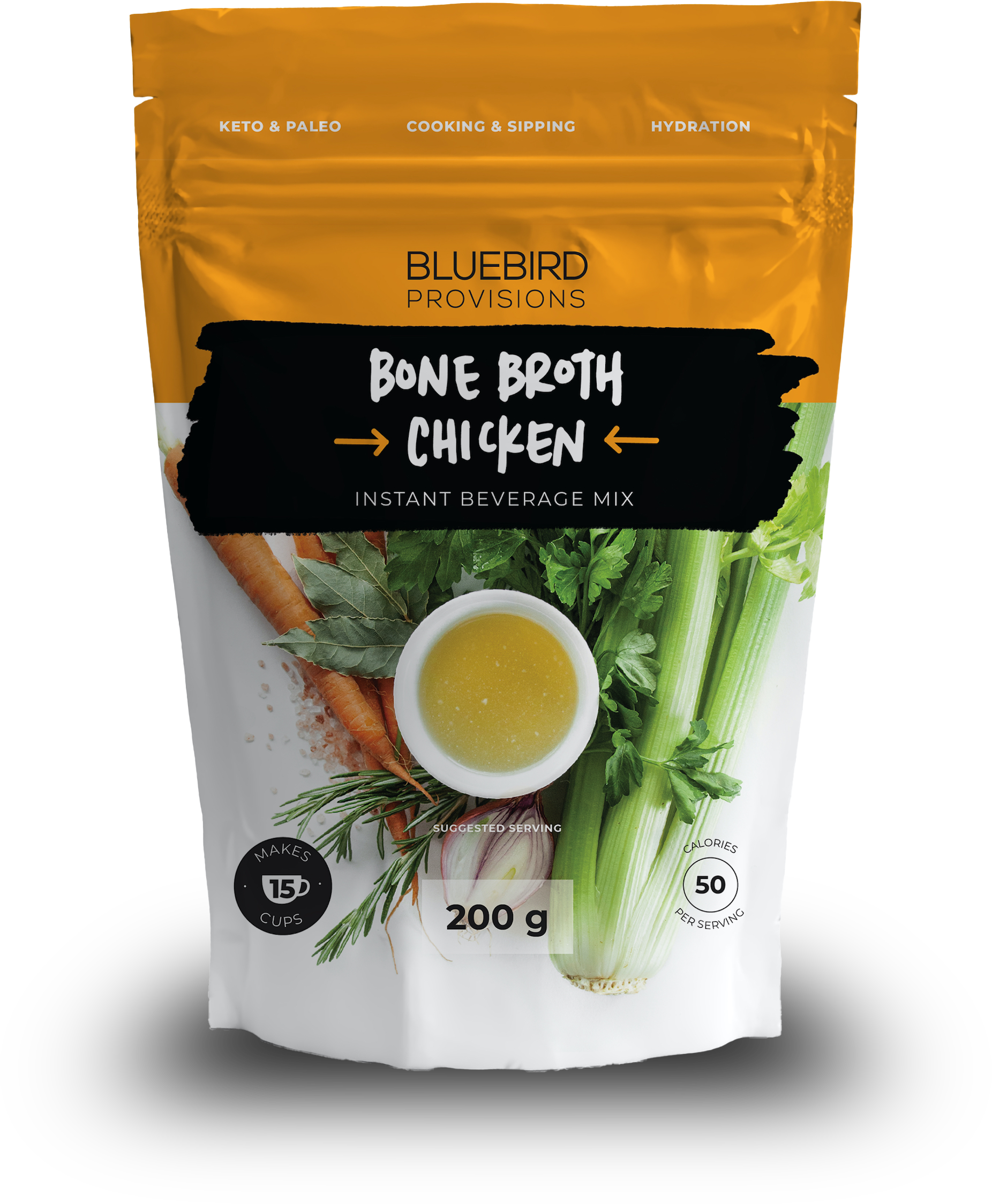
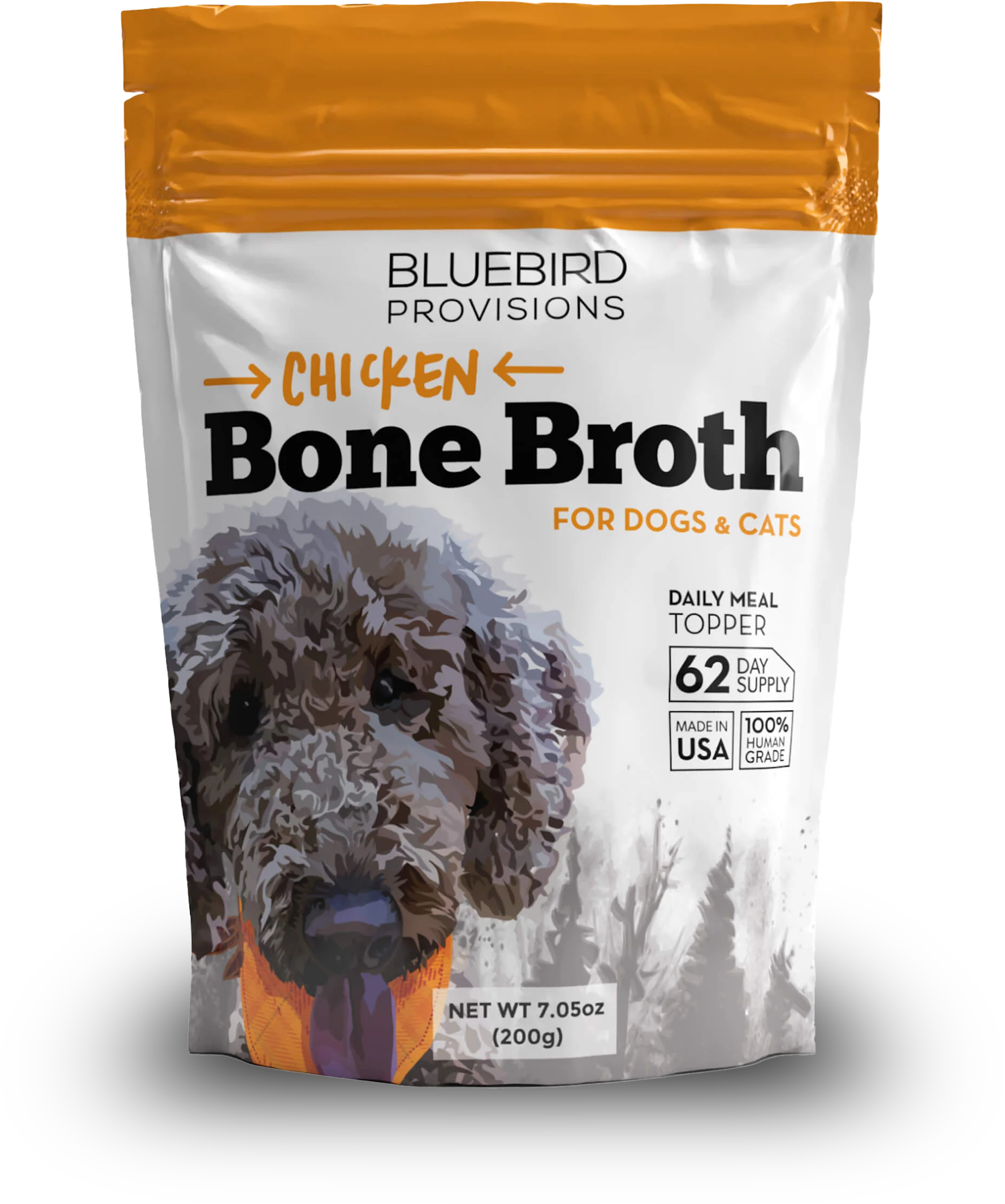
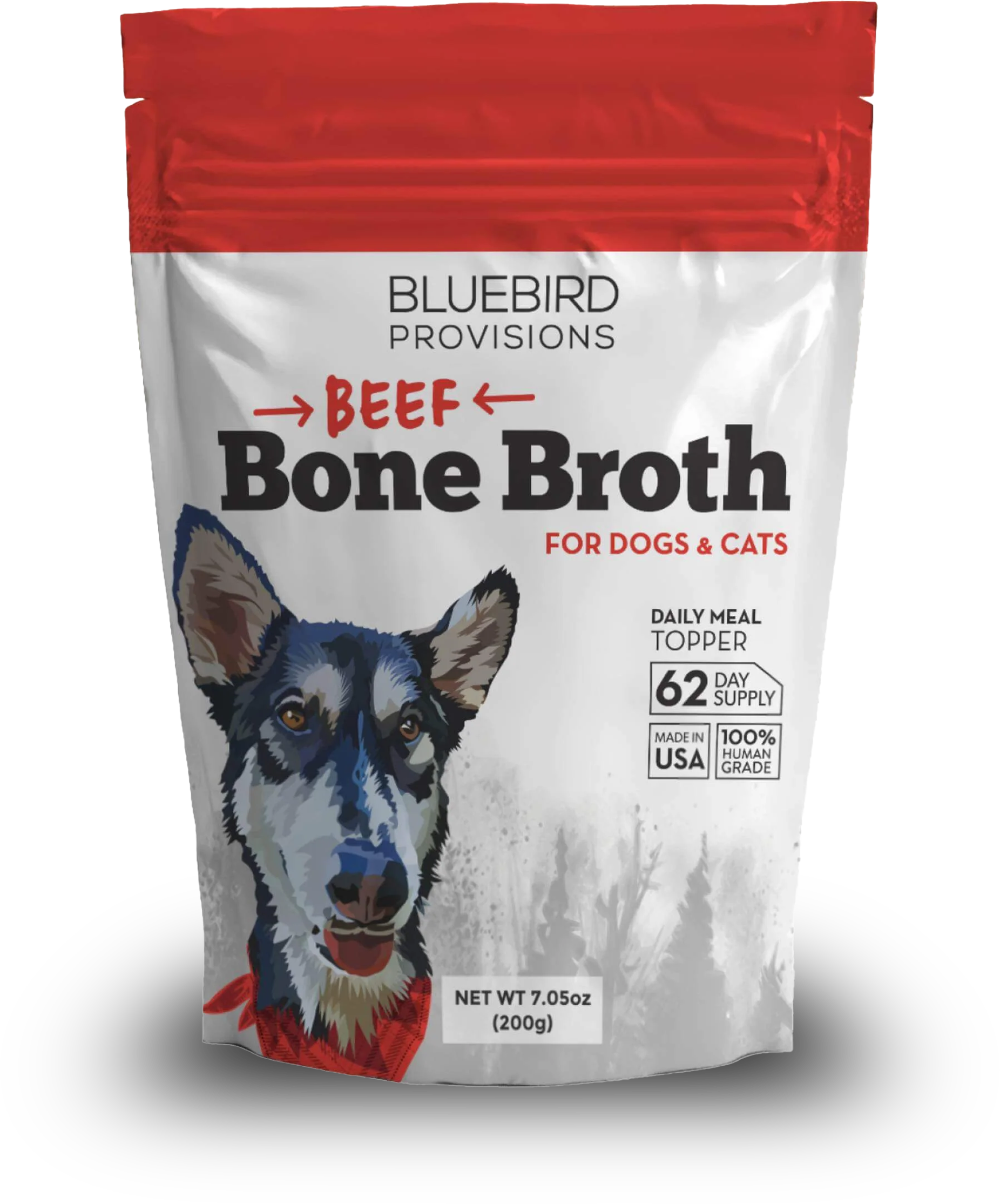
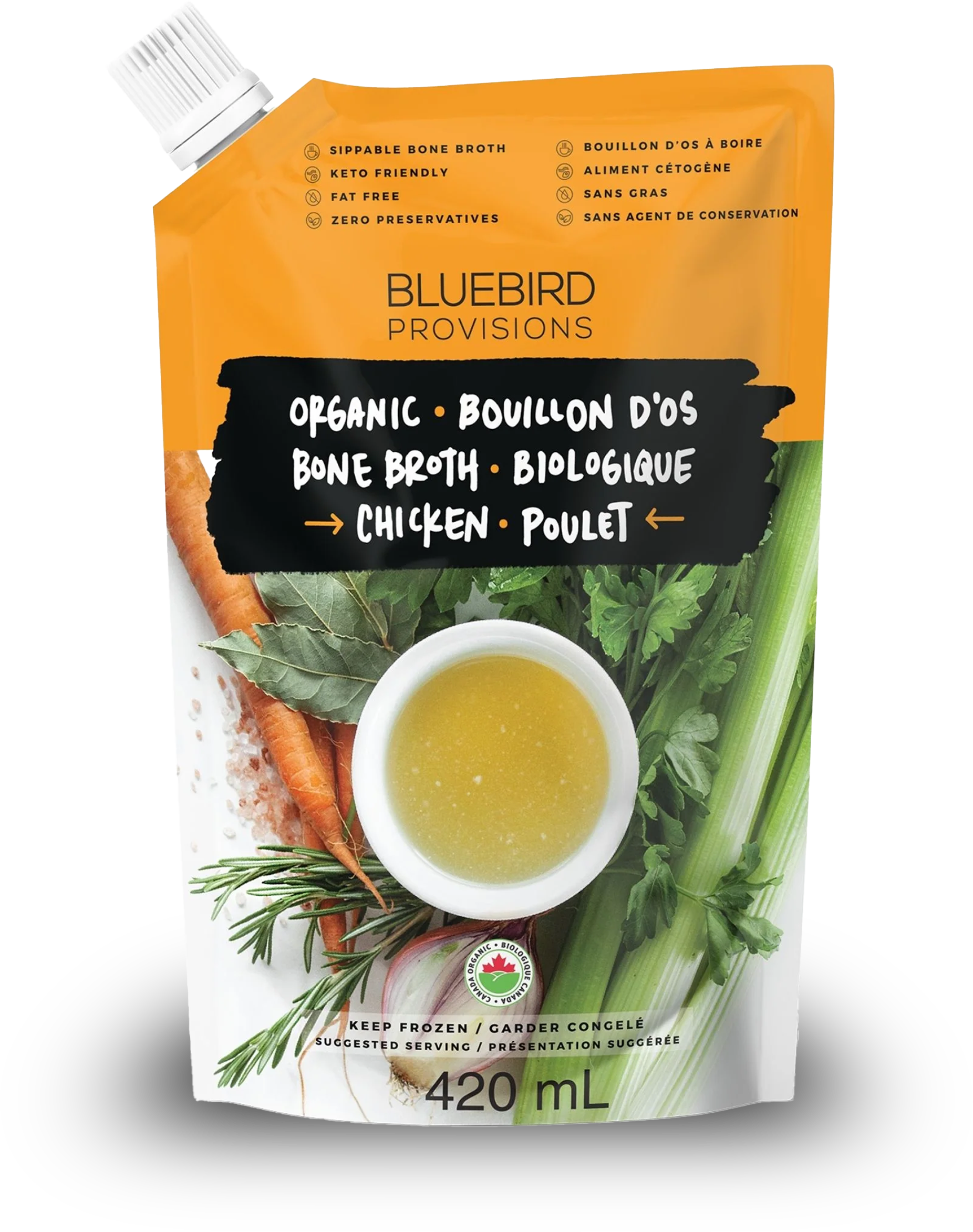
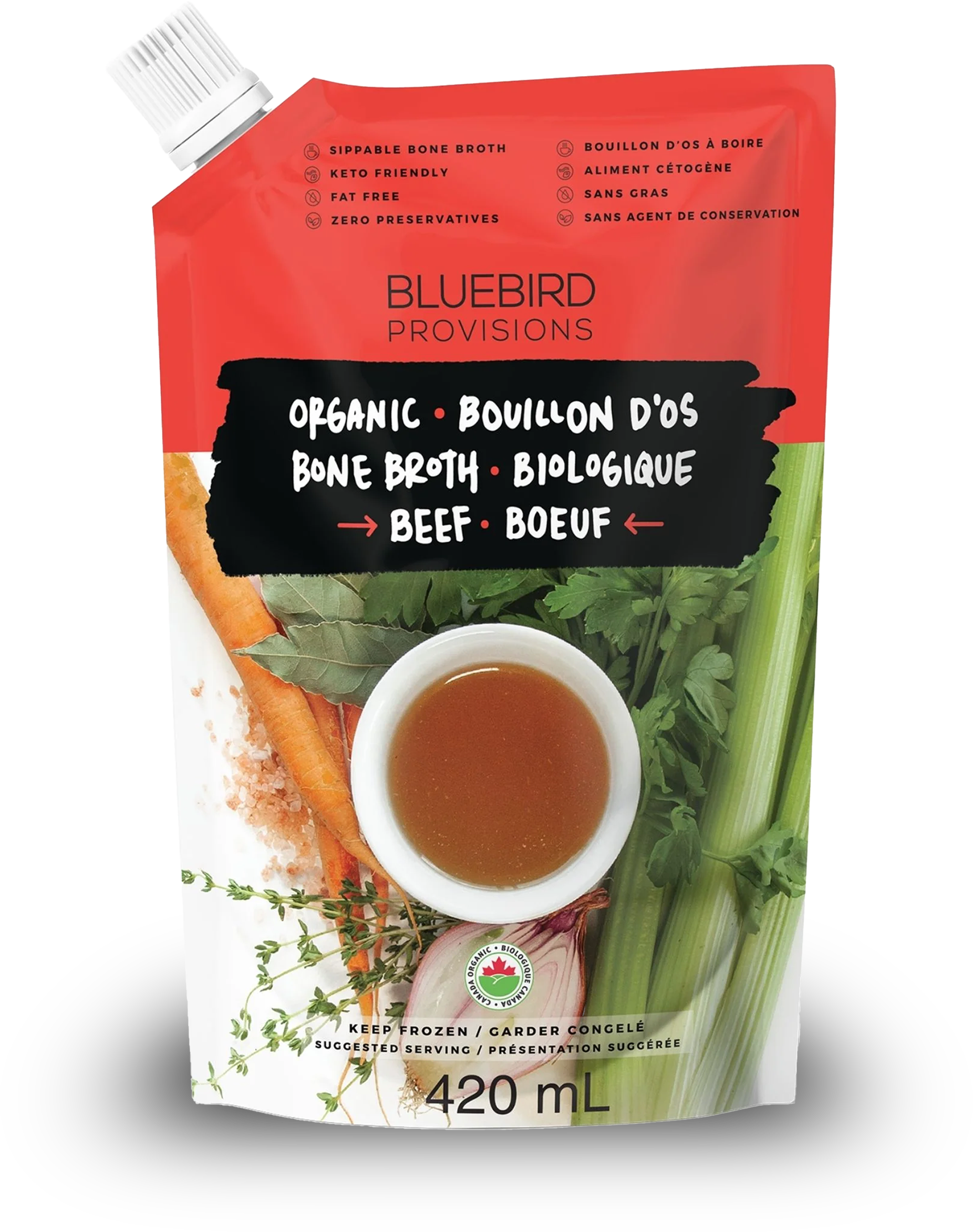
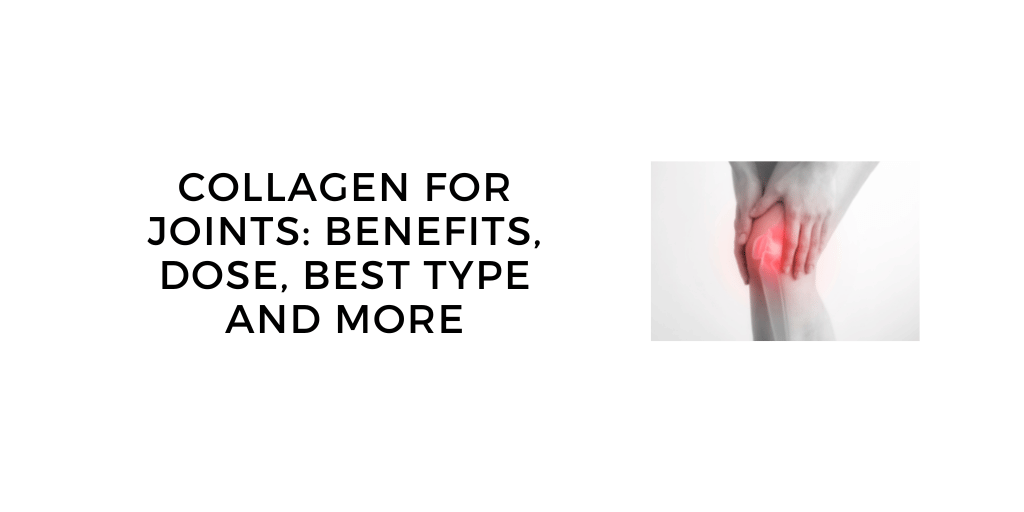
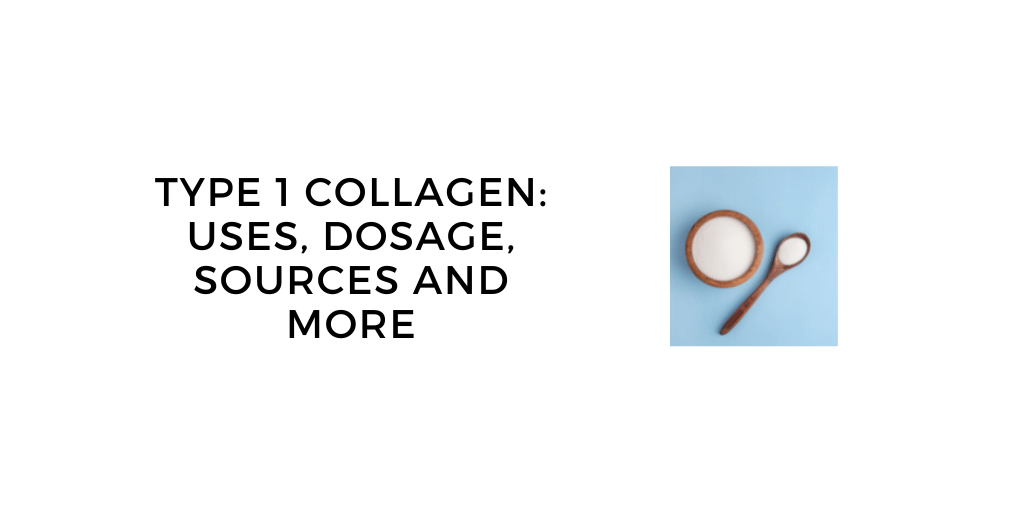
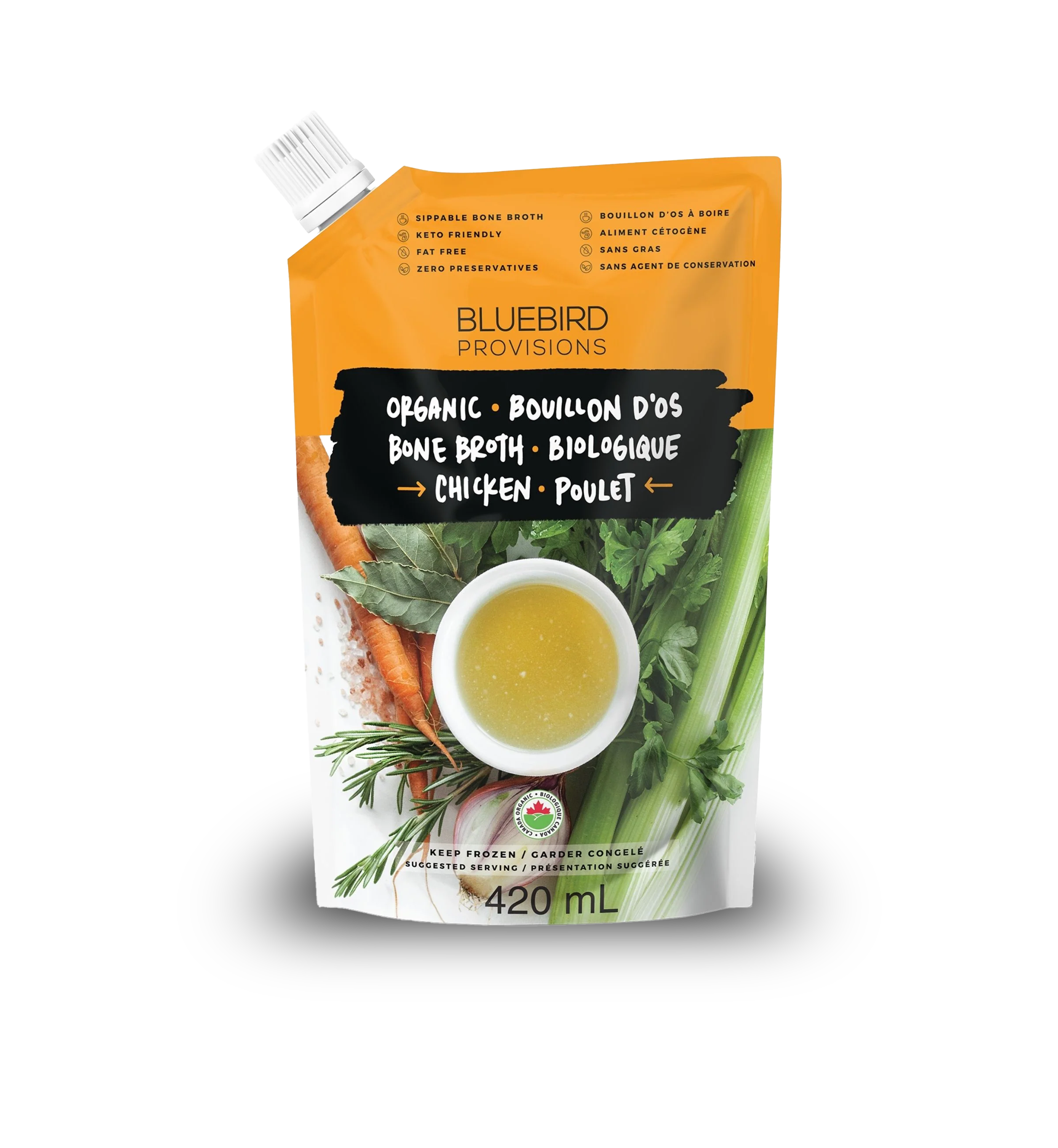
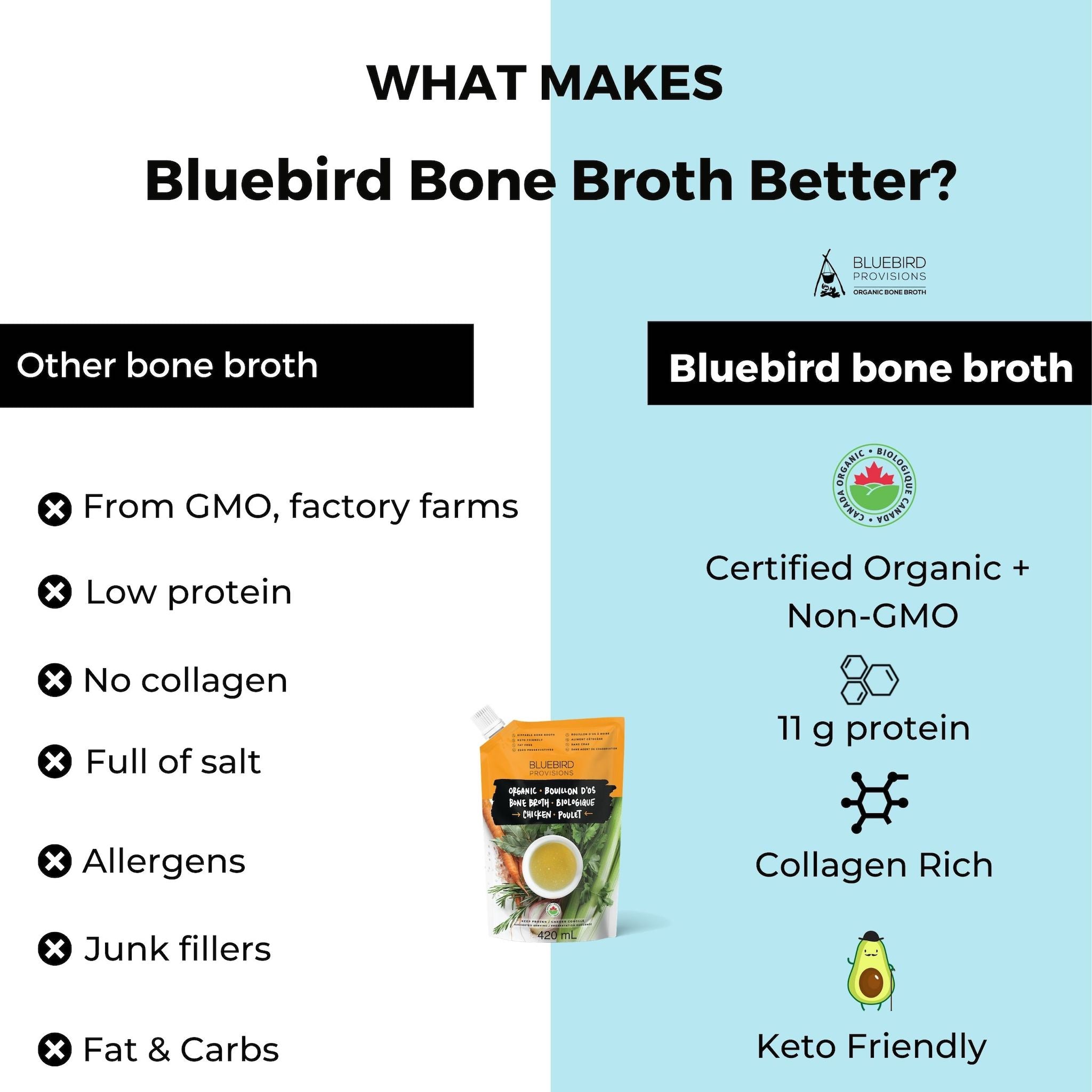
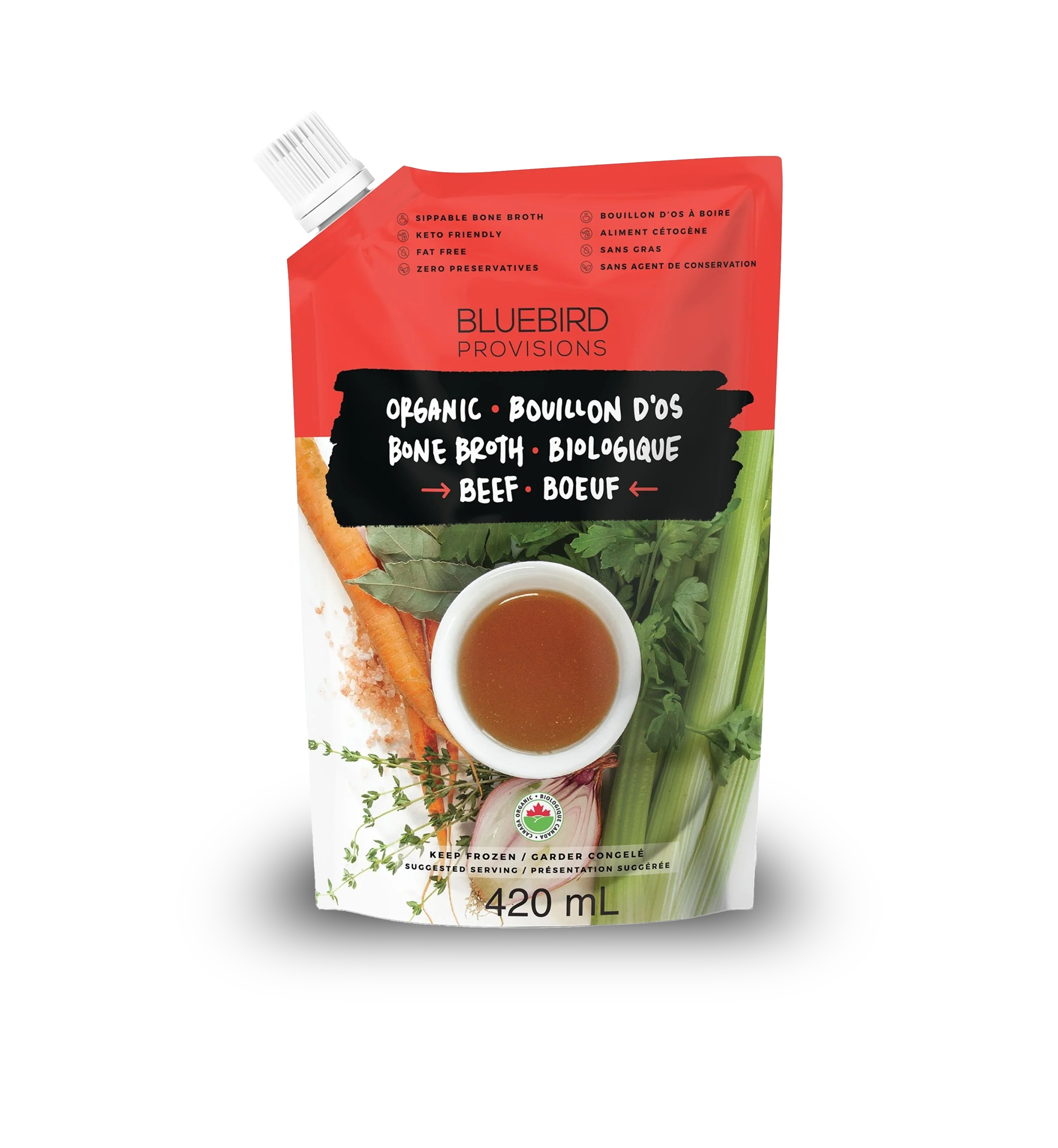
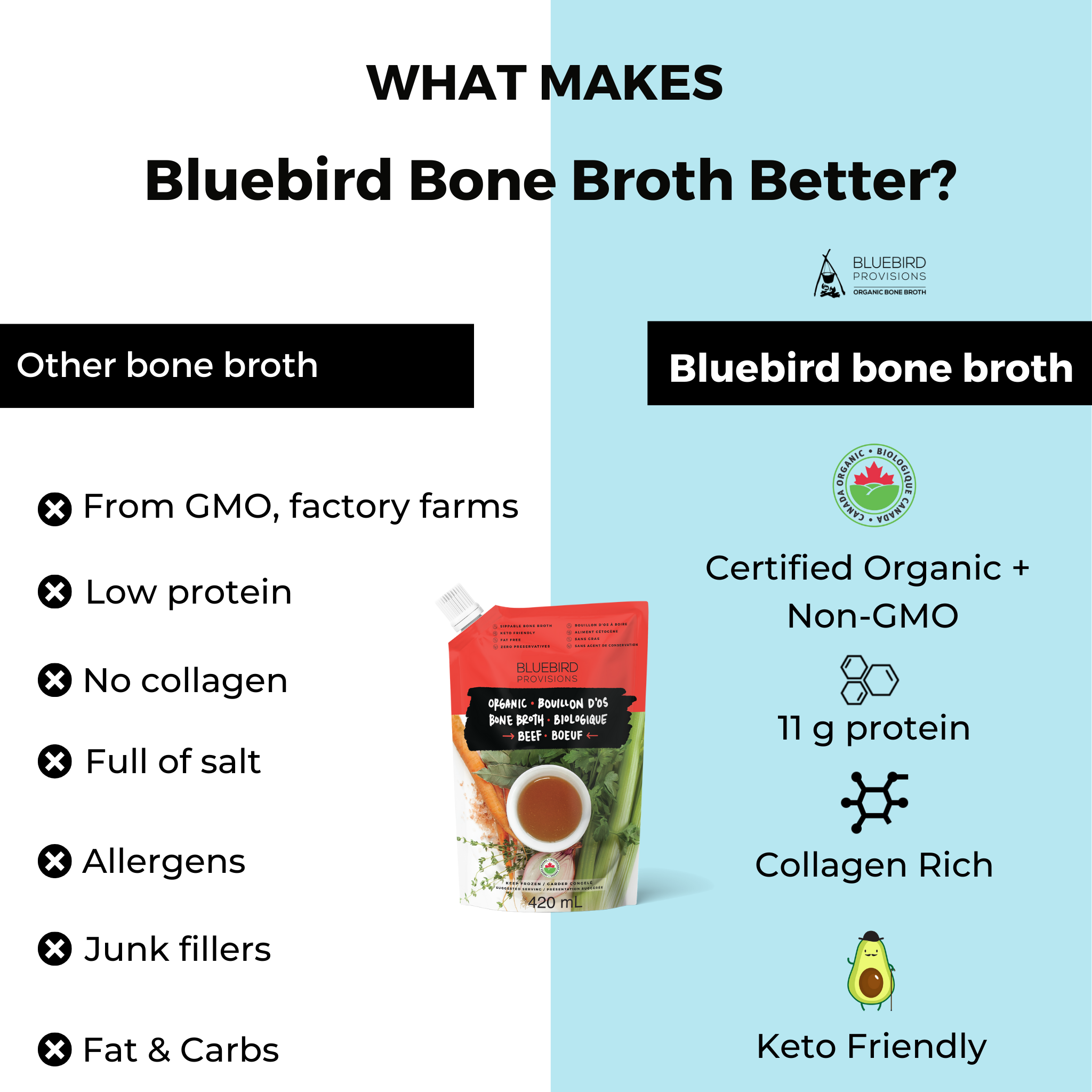
Leave a comment
This site is protected by hCaptcha and the hCaptcha Privacy Policy and Terms of Service apply.